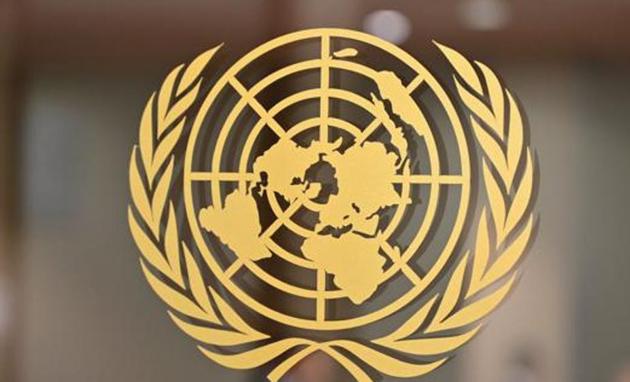UN: When UK tried to protect Pakistan
Historically, the United Kingdom (UK) has exhibited a soft corner towards Pakistan possibly because of the size and influence of the Pakistani diaspora in the UK and a feeling that the Raj’s divide and rule policy has benefitted them.
India will serve on the United Nations Security Council (UNSC) for two years, starting January 2021. We were last on the Council during 2011-2012. Permanent members of the UNSC (P5) exercise the veto and their pre-eminence in the scheme of things is there for all to see. However, to give non-permanent members a feeling of importance, some goodies are offered to them, including chairing of different Security Council committees.

The Security Council has two committees on counterterrorism — 1267 deals with the UNSC sanctions regime, and the Counter Terrorism Committee (CTC) on capacity-building. Given that India has been a major target of terrorism, chairing at least one of them was important for us politically, and our interest was made known to the other UNSC members in 2010 after we were elected.
This should have been no issue even if there were other members interested in working on counterterrorism, as there are several chairing opportunities for the 10 elected members of the UNSC. But India’s interest ran into strong headwinds with the British opposing it. Indeed, at a retreat for incoming elected members of the Council, the British permanent representative (PR) brushed aside the solid reasons for our interest in chairing one of the committees dealing with counter-terrorism and told me that as a P5 member, it was their obligation to see to proper running of things in the Council. It wasn’t even a hint; one was bluntly told no, and this was, ironically, because India was a major stakeholder in countering terrorism.
Historically, the United Kingdom (UK) has exhibited a soft corner towards Pakistan possibly because of the size and influence of the Pakistani diaspora in the UK and a feeling that the Raj’s divide and rule policy has benefitted them. The obvious, but unsaid, subtext of the ambassador’s position was that we would steer the work in the committee to the targeting of Pakistan. The hand of the Chinese, certainly pushed by Pakistan, can also hardly be ruled out. It is interesting to note that irrespective of its supposed strong resolve against terrorism, the UK found reason to support China and Pakistan, a main espouser of terrorism, against India, a huge and common stakeholder in the fight against terrorism.
It was the first time India had got elected to the UNSC after 9/11, when terrorism became a global focus. Therefore, any idea of giving up on the chair of a committee dealing with counterterrorism was not even an option for us. Of course, this set up a contest between P5 and the will of the General Assembly, which had sent India to the Security Council with a record 187 votes out of 192.
It is gratifying that after the diplomatic jostling in New York, New Delhi and London, India prevailed and ambassador (now minister) Hardeep Singh Puri (full disclosure; he is also a cousin) chaired CTC from 2011-2012.
Interestingly, seven years later, in 2017, India and the UK squared off again at the UN. And, once more, despite the P5 advantage with the UK, India succeeded in leveraging the will of UNGA when its candidate for judgeship at the International Court of Justice (ICJ) saw success against the British candidate who was forced to pull out. This resulted in a rare situation of a P5 nation not having a judge on ICJ.
During India’s chairmanship of CTC, the concept of zero tolerance for terrorism was accepted at the UN.
Moreover, action against financing of terrorism was energised working closely with Financial Action Task Force (perhaps the British PR was prescient that Pakistan would be included in the grey list). Rightly, as we take our seat on the UNSC again, counterterrorism will be a major focus for India.
(This is a part of a series of monthly articles till the end of the year on India at the UNSC, as it returns to the Council in 2021) Manjeev S Puri is former ambassador and India’s Deputy Permanent Representative to the UN
The views expressed are personal



